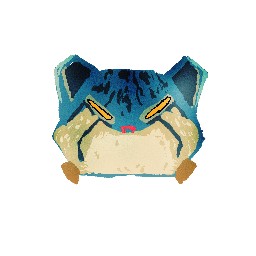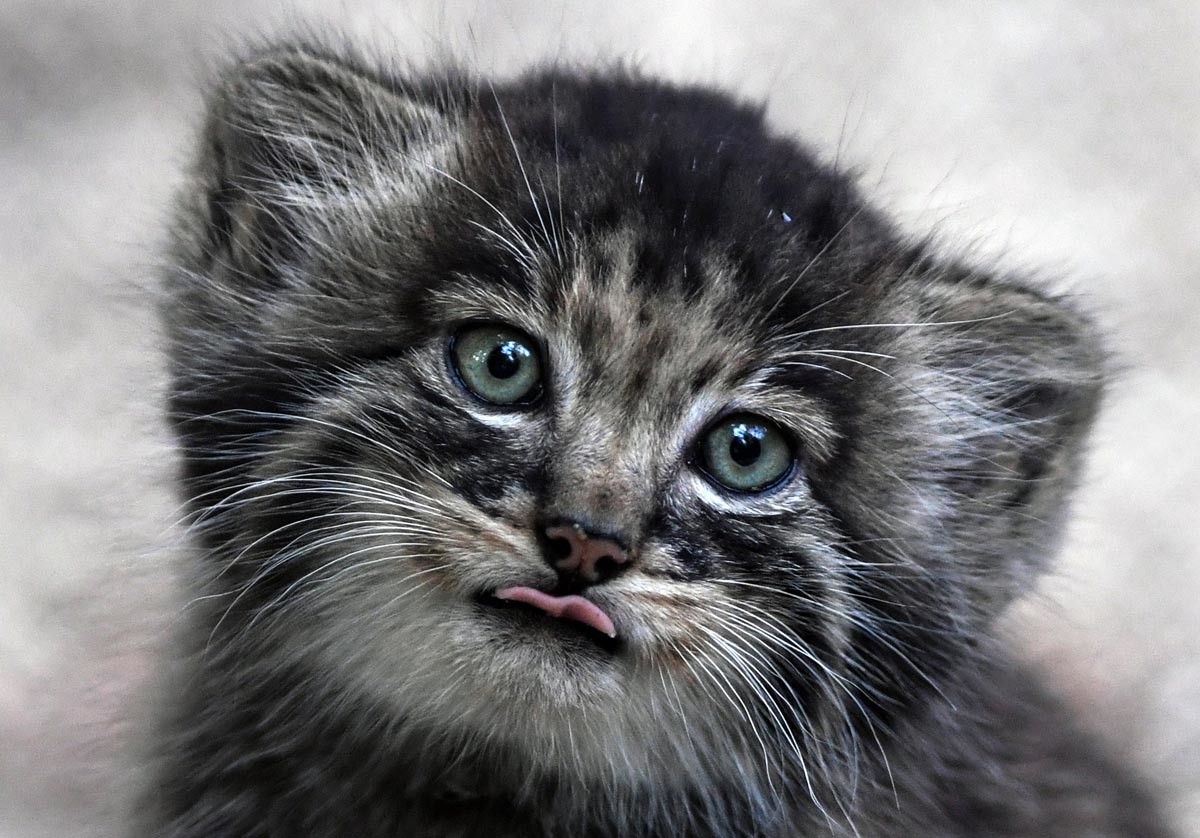
Manul Defense
The Manuls are in danger.
Factories and mining rigs are being built on their territories.
Being under the fear of extinction, only they are able to save themselves.
Lead the attack and destroy dangerous industries!
Made in 48 hours for GMTK 2023
TatarMatar-Art
Jordjik-Cod
1. Loves solitude
Manul kittens at the Moscow Zoo's Center for the Reproduction of the Rare Animal Species
Press Service of the Moscow Zoo
If cats had social media accounts, manuls would probably describe themselves as “hard to find, easy to lose and impossible to forget”. The manul (or Pallas’s Cat - after its discoverer, 18th century Prussian zoologist Peter Simon Pallas) is one of the biggest introverts among animals. They are indeed hard to spot: they predominantly live on uninhabited steppes of the Zabaikalye and parts of Mongolia bordering that region. They are also spotted in some regions of Central Asia.
These cats are proudly solitary, each living on its own territory (which measures around 4 sq. kilometers) and encountering one another only during the mating season in spring. The manul is also an endangered species and included in the Red Data Book of Russia and other countries’ endangered lists. Although experts believe they appeared some five million years ago, very little is known about them. Exact numbers in the wild are tough to estimate, due to their secretive nature. Currently, there are an estimated 3,000 known to be living in Russia (Mongolia is believed to have more, according to scientists).
2. Very compact
Manul kittens at the Novosibirsk Zoo
Kirill Kukhmar/TASS
A regular house cat weighs more than the wild manul, whose kittens are so tiny, they measure less than 100 grams in weight; meanwhile, an adult manul (eight months or older) weighs anywhere between 3-5 kilograms. They’re no bigger than ordinary cats, either, usually about 60 cm in length, followed by a 30 cm tail. By the way, the cat’s Latin name is ‘Otocolobus manul’ - which means “ugly ear” - although we don’t see anything wrong in that department!
3. Fluffiest cat in the world
Preparing for winter
Getty Images
Despite their diminutive size, manuls still seem rather large, which is down to their dense fluffy fur coat - the densest among all cats. Every square centimeter of skin contains 9,000 hairs up to 7 cm long. This fluffiness allows them to survive in the harshest conditions.
4. Weighs twice as much in the winter
Manul and her kitten at the Novosibirsk Zoo
Kirill Kukhmar/TASS
Manuls’ survival depends on them gaining weight during the fall. Experts refer to this as “fattening up”. It’s all down to the inhospitable winters in the steppes they inhabit. As if -50°C temperatures weren’t enough, there are also fierce winds. And manuls never hibernate - they hunt all year round. So, the only way for them to survive is to store enough fat. A manul can weigh up to 6-7 kg in winter and constantly goes on food runs.
5. Good hunter

Manul kitten at the Novosibirsk Zoo Kirill Kukhmar
Due to their increased fluffiness, manuls are rather slow and sluggish, plus they have short paws that also tend to sink in the snow. ‘Graceful’ is the last adjective you’d use to describe Pallas’ Cats. Nevertheless, they make great hunters. Their camouflage allows them to blend into the surrounding landscape and kill their prey in one fell swoop. Here’s what it looks like.
GG!
| Status | In development |
| Platforms | HTML5, Windows |
| Authors | TatarMatar, Jordjik |
| Genre | Strategy, Survival |
| Made with | Unity |
| Tags | 2D, Arcade, Casual, Cats, Game Maker's Toolkit Jam, Retro, Top-Down, Tower Defense |


Leave a comment
Log in with itch.io to leave a comment.